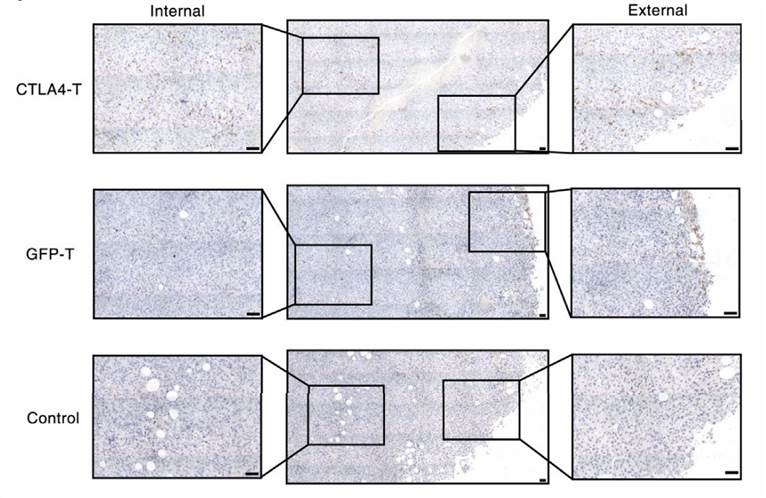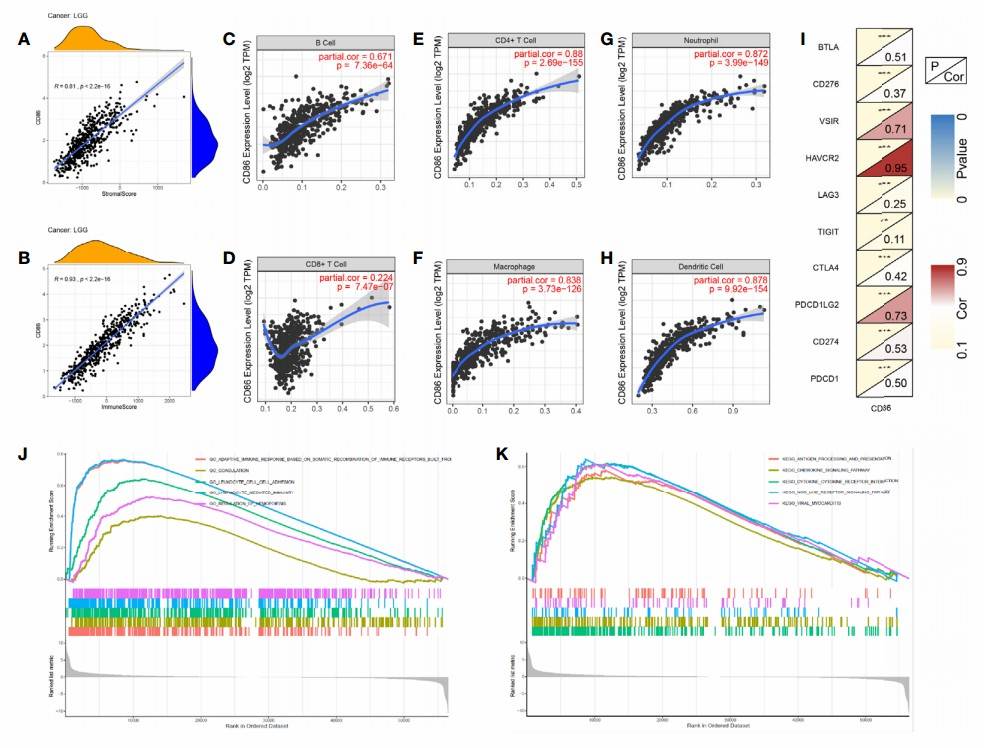We understand that tumors often evade immune detection and clearance through the immune checkpoint pathway. Therefore, we offer our expertise in CD86 background introduction to assist you in your quest for a better understanding of immune checkpoint mechanisms and to provide technical support for your research endeavors.
CD86 is a 70kDa immunoglobulin-like protein encoded by the CD86 gene, consisting of 329 amino acids. In physiological conditions, CD86 is widely expressed in dendritic cells, monocytes, memory T lymphocytes, germinal center B lymphocytes, activated B lymphocytes, and activated T lymphocytes. CD86 has also been detected on the surface of myeloma cells or infiltrating tumor lymphocytes.
 Fig.1. CAR-T tumor intervention.1,3
Fig.1. CAR-T tumor intervention.1,3
As an immunoglobulin-like protein, CD86 functions as a natural ligand for CD28 and CTLA-4, working in parallel with CD80. The interaction of CD86 exhibits distinct characteristics:
The CTLA-4 & CD80 (CD86) immune checkpoint pathway exerts different impacts on two major subsets of T cells:
Current research on CD86-related immune checkpoints as anti-tumor interventions primarily focuses on utilizing the CTLA4-CD80/CD86 pathway as a negative feedback mechanism to regulate immune responses to inflammatory stimuli. Promising approaches being developed include:
Title: Integrated Analysis Reveals Prognostic Value and Immune Correlates of CD86 Expression in Lower Grade Glioma (LGG)
Research Objective:
Research aims to explore the correlation between CD86 and immune responses in low-grade neuroendocrine tumors and investigate its potential as a novel immunotherapy target.
Research Methods:
Conducted a comprehensive analysis of CD86 expression in various cancers through cancer gene profiling and further validated it using qRT-PCR, WB, and immunohistochemistry on collected neuroendocrine tumor samples.
Research Findings:
Through integrated analysis and subsequent validation, researchers have demonstrated that CD86 plays an adverse role in the progression and prognosis of LGG. They established the correlation between CD86 expression and tumor immunity in LGG and performed gene set enrichment analysis to reveal potential pathways.
 Fig.2. CD86-related tumor immunity analysis.2,3
Fig.2. CD86-related tumor immunity analysis.2,3
At Creative Biolabs, we are committed to providing top-notch theoretical support, technical assistance and one-stop solutions for your research on immune checkpoint-related topics. We are dedicated to helping you advance your understanding of immune checkpoint mechanisms and explore the potential as an immunotherapy target. With our expertise and cutting-edge technologies, we aim to be your trusted partner in achieving groundbreaking discoveries and advancements in the field of cancer immunotherapy.
Contact us today to experience the power of our comprehensive service ecosystem.
References
All listed customized services & products are for research use only, not intended for pharmaceutical, diagnostic, therapeutic, or any in vivo human use.
USA
Tel:
Fax:
Email:
Copyright © 2026 Creative Biolabs. All Rights Reserved.